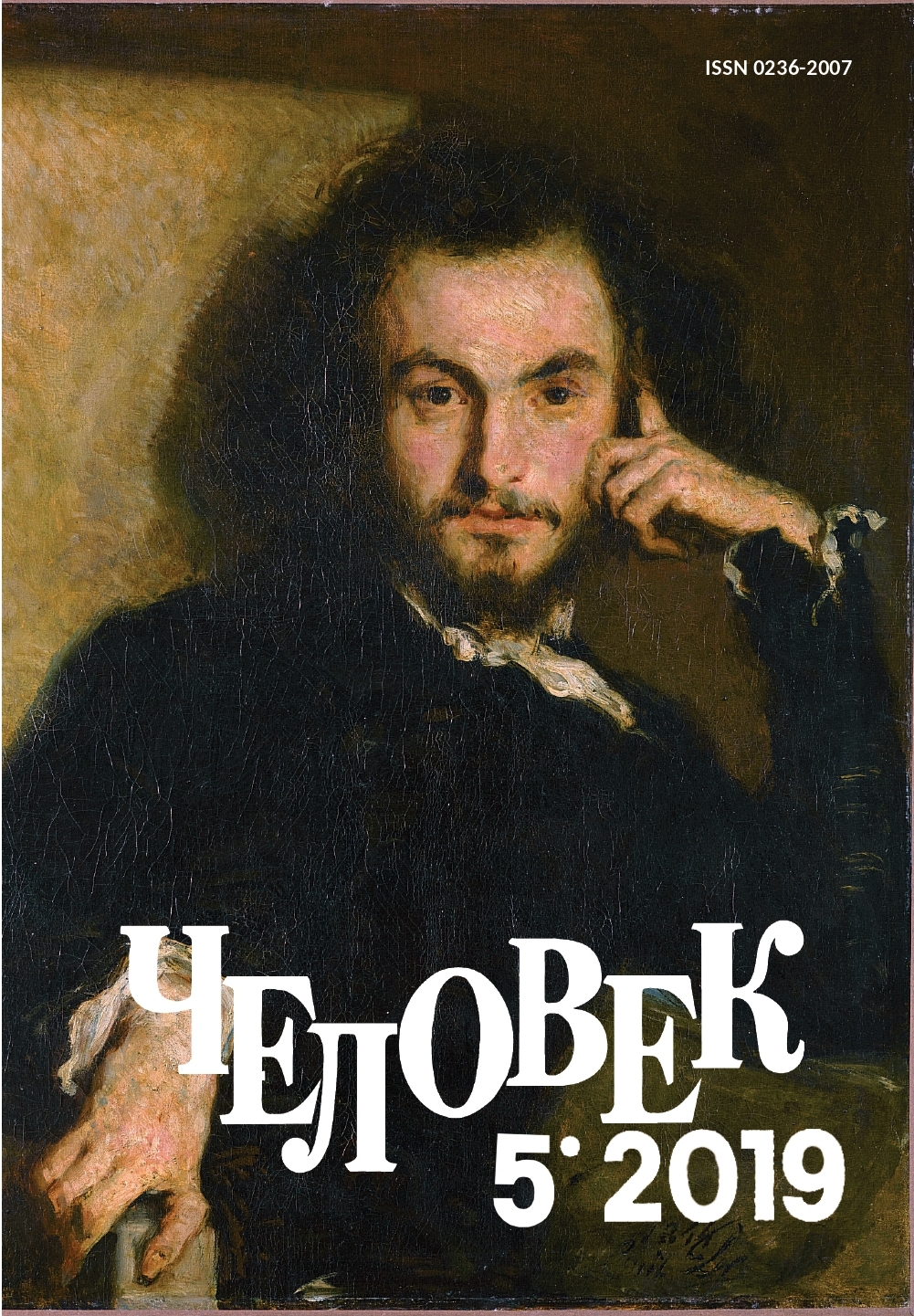Nicolas de Condorcet: a Theorist of Progress or an Ideologist of Transhumanism?
DOI:
https://doi.org/10.31857/S023620070006445-6Keywords:
Condorcet, perfectibility, progress, transhumanism, human enhancement, Bostrom, inequality, technologiesAbstract
Nicolas de Condorcet was a French philosopher, scientist, political figure of the XVIIIth century and one of the few Enlightenment ideologues who has not only witnessed the French Revolution, but also actively participated in the political life of the country, leading the National Convention and taking part in the setting-up of the legal framework of the French First Republic. This article is meant not only to investigate the Condorcet's theory of progress, which is based on the idea of infinite improvement of human individuum and society (perfectibilité), but also to explore the notions of ‘human enhancement society’ and ‘transhumanism society’, that the idea of perfectibility substantiates. Transhumanism is a philosophical, social and cultural movement that promotes a radical improvement of humans through biomedicine, science and technology. For many years, it has fascinated the minds of prominent scientists, doctors and public figures all over the world. Based on the concept of unlimited betterment of an individual as far as their physical, intellectual and psychological qualities are concerned, transhumanism derives from the idea of perfectibility within the meaning ascribed to it by the French philosopher. Guided by the intention to justify this ideology from the historical and philosophical points of view, the apologists of transhumanism aim to declare themselves as the inheritors of the Enlightenment's humanists, and Nicolas de Condorcet himself as their ‘spiritual mentor’. From this perspective, the author of the article raises two main questions: what is the idea of ‘perfectibilité’, why does it exist more than two centuries after the death of this French philosopher, and can Condorcet be considered as the ideologist of transhumanism?






